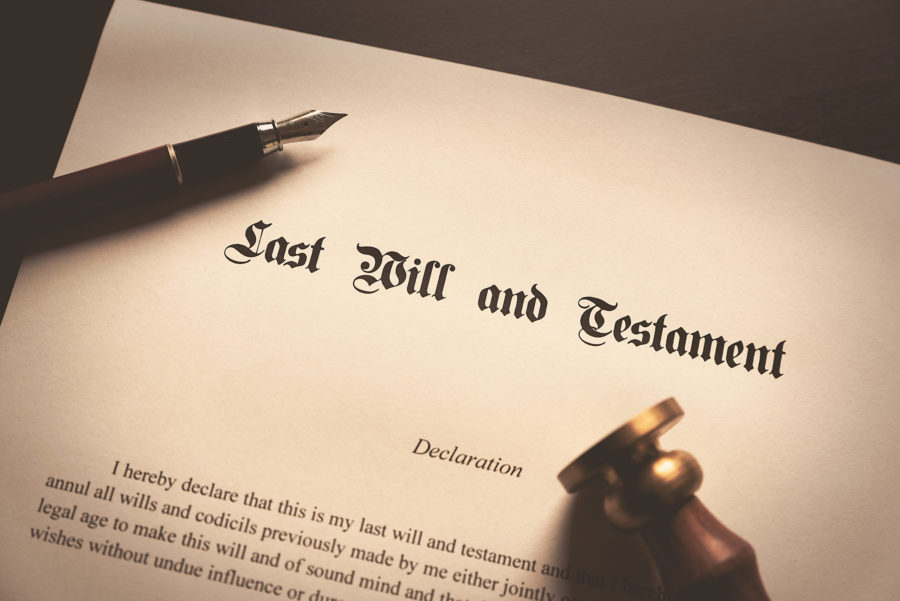
What is the difference between an estate planning lawyer and a probate lawyer?

The easiest way to think about the difference between an estate planning lawyer and a probate lawyer is to think of them in before and after terms. People typically hire an estate planning lawyer before death to help them make a plan for dividing up their estate and assets, while a probate lawyer can help the estate administrator and family oversee the validation and administration of a will in probate court after a person has passed.
What Do Estate Planning Lawyers Do?
If you’ve ever heard the phrase “get your affairs in order” that’s exactly what an estate planning lawyer does. The keyword here is “planning.” Estate planning attorneys exist to help you make a plan for your assets and estate in the aftermath of your death. A good estate planning attorney will be familiar with all of the relevant state laws so that your estate plan can’t be contested or invalidated in probate court.
One of the most obvious things estate planning attorneys do is to assist you in the drafting of your will. Your attorney can help you decide how to disperse your estate and assets amongst your chosen beneficiaries, and when your beneficiaries receive what you have left them. They can also help your beneficiaries find ways to mitigate or avoid estate taxes after your death.
Estate planning lawyers can also help you plan a living will if you were ever to become incapacitated. A living will can give the person you’ve chosen as your power of attorney and your healthcare providers a directive as to what they should do if you are ever seriously ill. Expressing your wishes in a living will can help your family avoid deeply painful arguments about whether to leave you on life support if you are near death, or whether to resuscitate you in the event of an emergency.
What Do Probate Lawyers Do?
A probate lawyer may be brought on to assist in dividing up your assets and estate amongst your beneficiaries after your death, administering your will if you have one, and paying off your debts.
Probate court is simply the process of validating a will before a judge. If you’ve planned ahead with an estate planning attorney and self-validated your personal will by signing it in front of signed witnesses and having it notarized by a certified notary, you can avoid your will getting “tied up in probate court.”
If your will has not been self-validated and is contested by one of your family members, a probate judge is responsible for deciding whether you were of sound mind when you signed your will and whether the document is authentic.
Probate court can be trickier and more stressful for families of decedents who have not made a will or planned how they will divide up their estate and assets amongst their beneficiaries with an estate planning attorney because a probate judge will have to preside over the process in their place.
Whether your loved one’s will needs to be validated and enforced or died without making a plan for their estate and assets, a good probate lawyer can help you navigate the process of probate court with as much ease as possible.
Contact an Estate Planning Lawyer in North Carolina
The more thoroughly you plan ahead for your estate and assets after your death, the easier it will be for your loved ones to carry out your last wishes. No one wants to be “tied up in probate court” in a time of grief.
That’s why it’s important to understand the difference between an estate planning lawyer and a probate lawyer & to hire a knowledgeable North Carolina estate planning attorney to help you put a solid plan in place in the event of your death or incapacitation and to make sure that your will holds up in court. For your estate planning or probate needs, contact Mullen, Holland & Cooper at (704) 864-6751 or reach out to us online.






